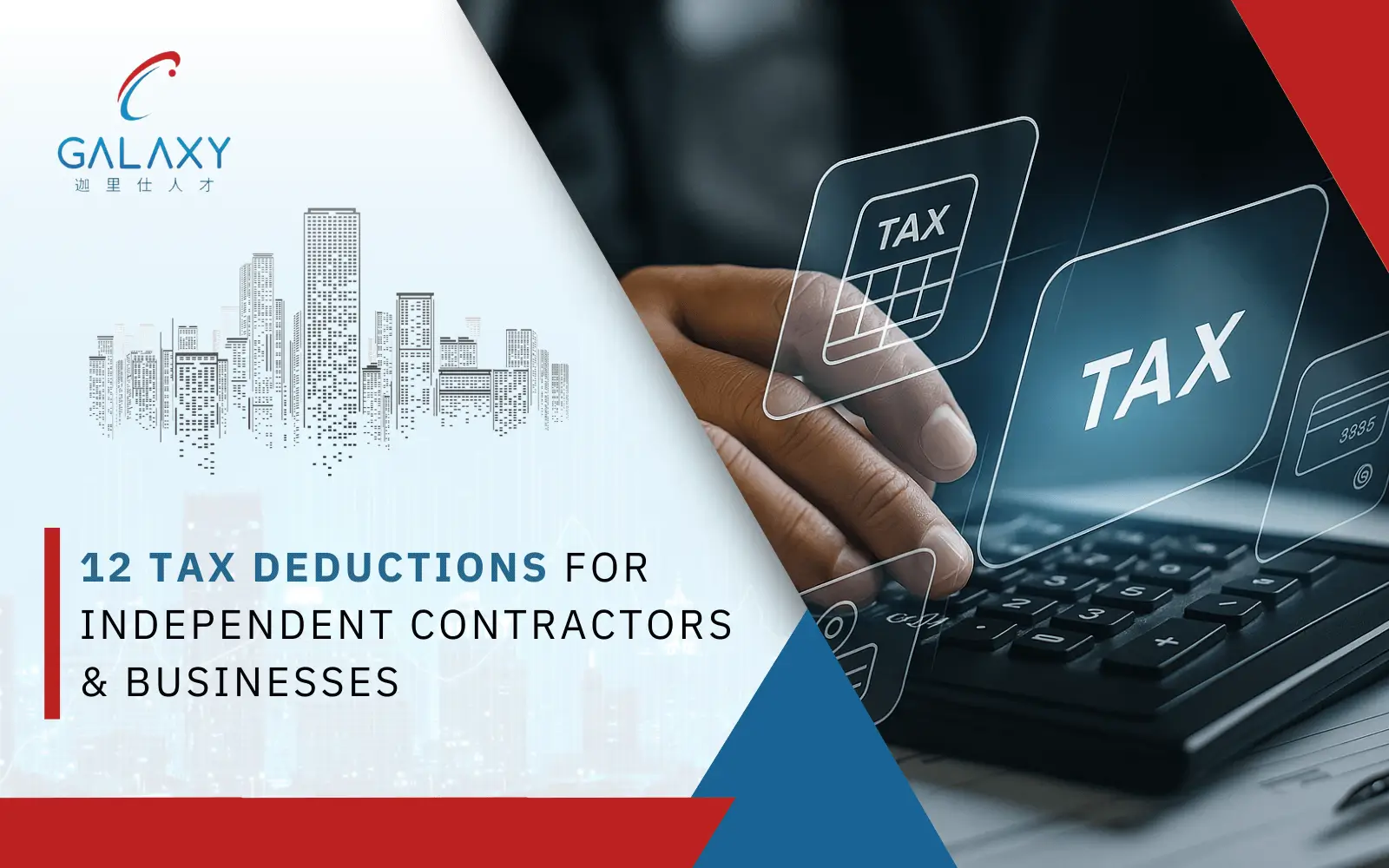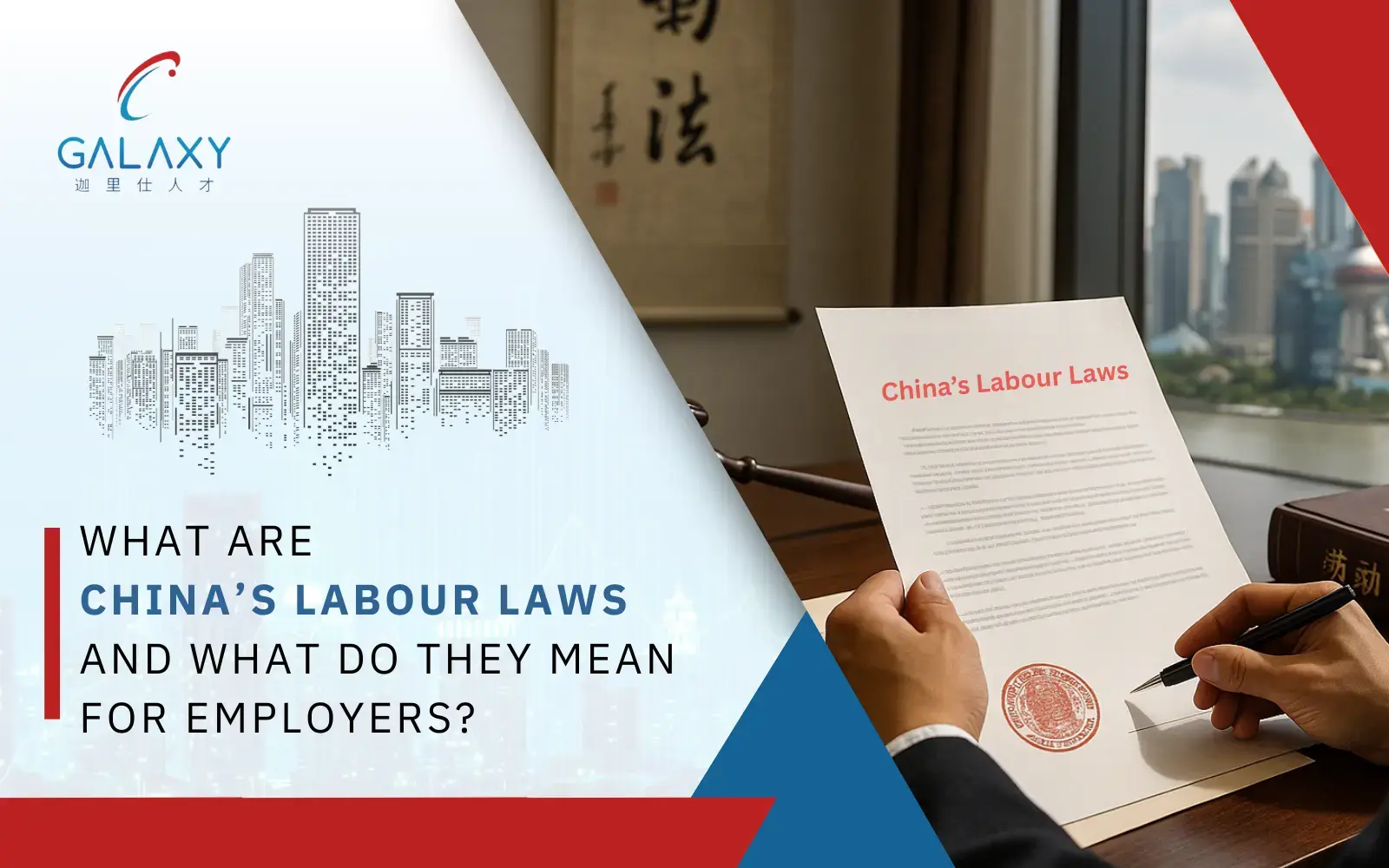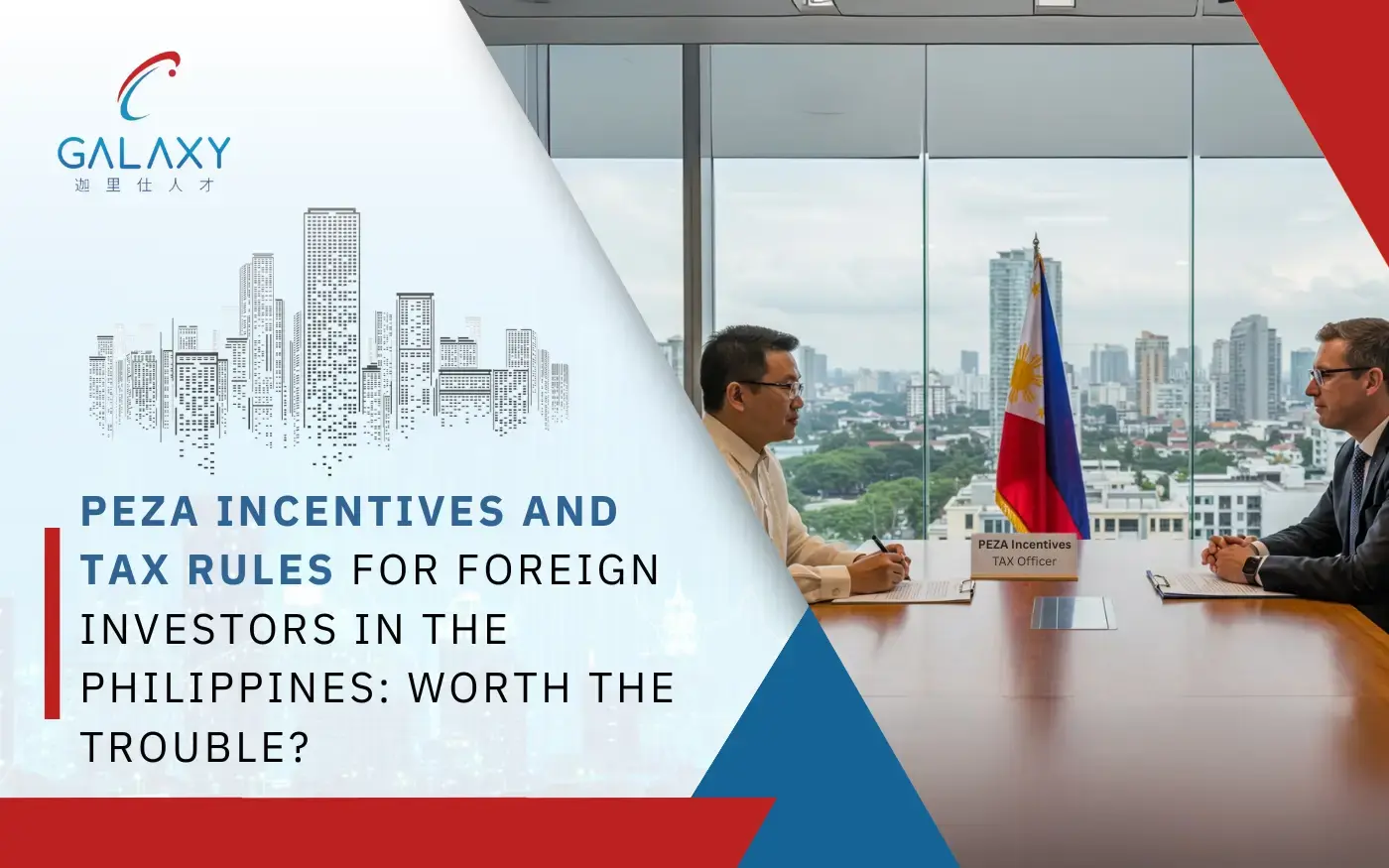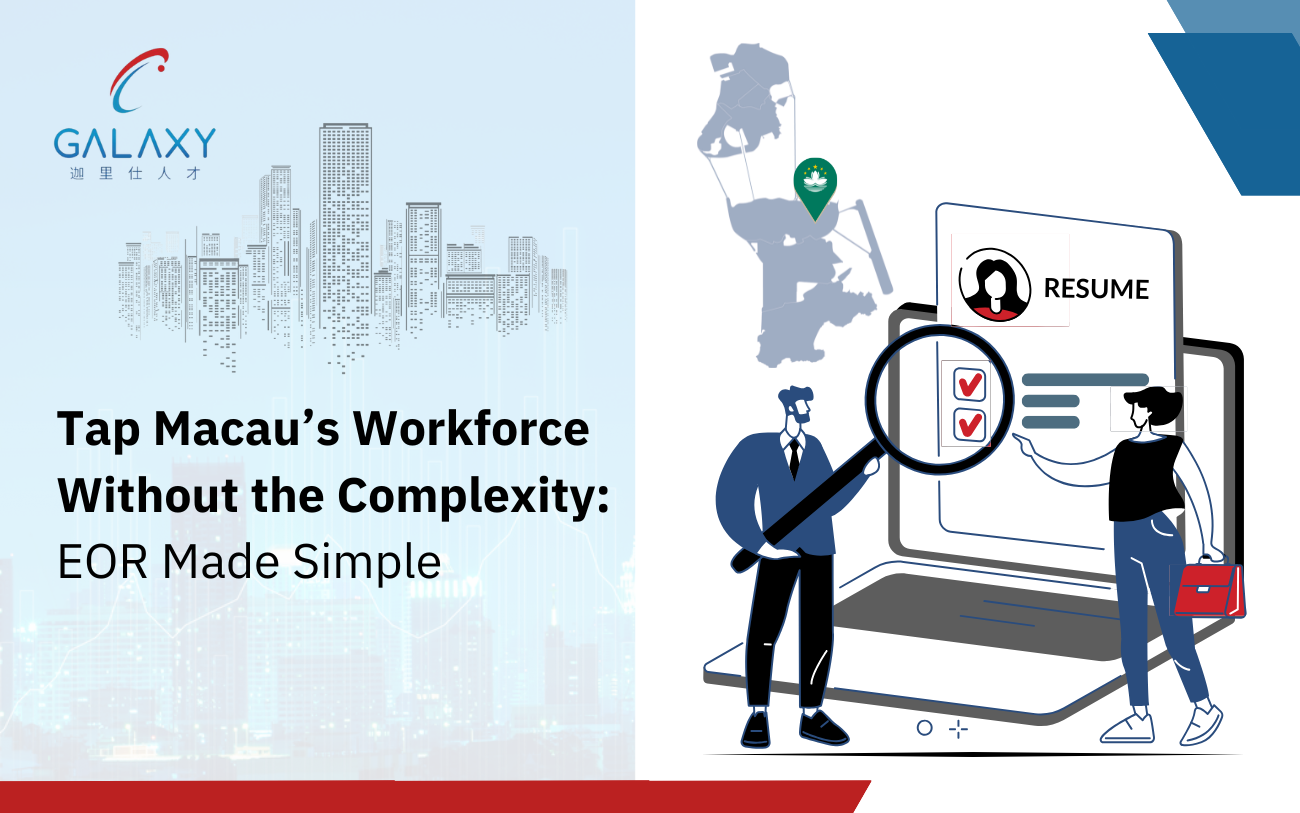Understanding Work Visa Requirements in The Philippines
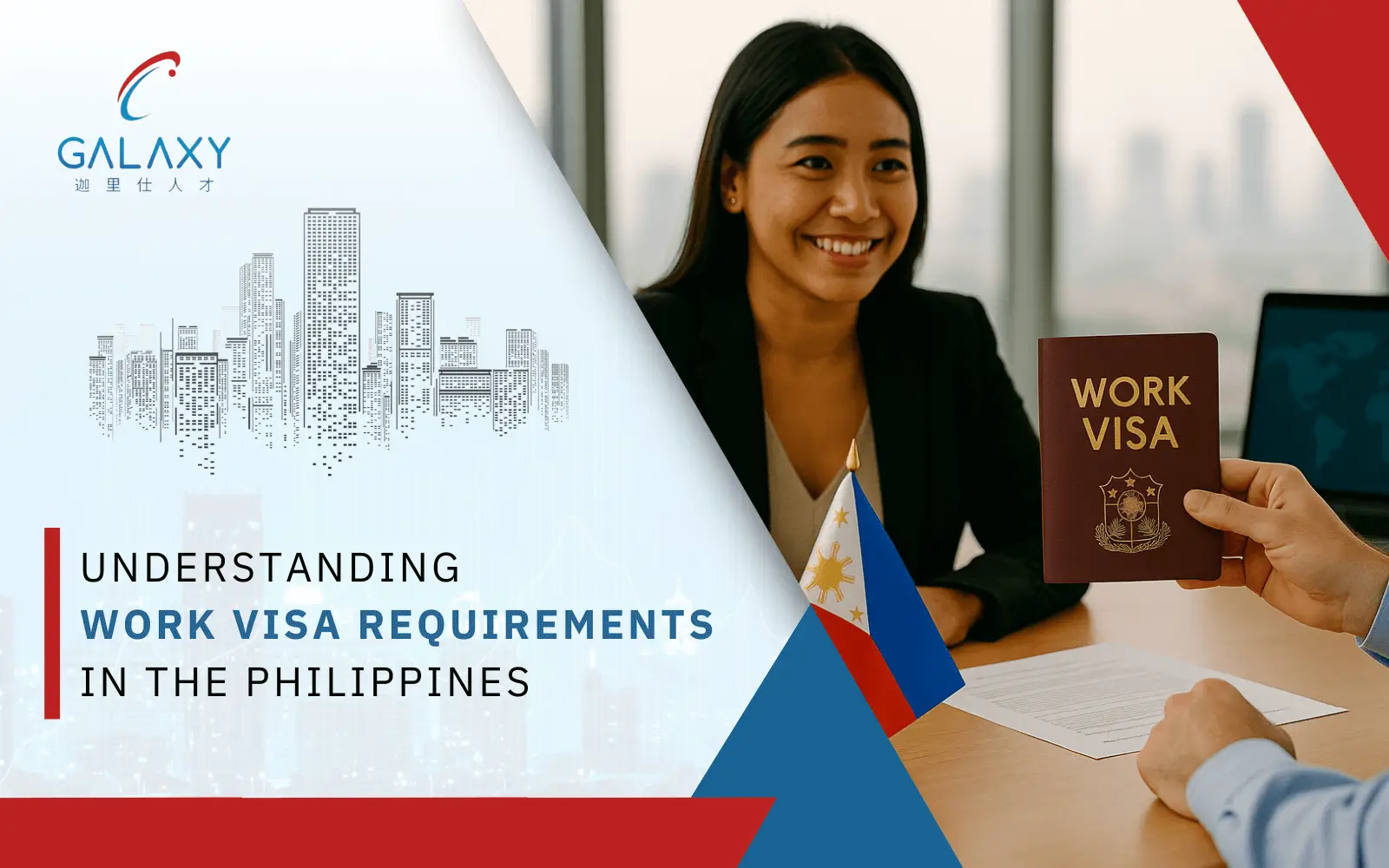
With its growing economic influence in Southeast Asia, the Philippines has become an attractive market for global talent. Yet, onboarding foreign professionals is not without its complexities. Employers must adhere to a dual-system process that involves securing both a work permit from the Department of Labour and Employment (DOLE) and a visa from the Bureau of Immigration.
In this guide, we break down the essential requirements, common pitfalls, and key compliance practices to help you navigate the Philippine employment landscape with confidence.
Table Of Content
- Work Permit vs Work Visa in the Philippines
- What are the Common Types of Philippine Work Visas?
- Why is the AEP Mandatory Before any Work Visa Application?
- What are the Requirements to Obtain a Philippine Work Visa?
- How long does the Work Visa Application Process take in the Philippines?
- What Happens when You Switch Jobs or Extend Your Stay?
- What are the Key Considerations for Hiring Foreign Nationals in the Philippines?
- Compliance Risks and Common Mistakes to Avoid while Applying for a Work Visa in the Philippines
- Conclusion
Work Permit vs Work Visa in the Philippines
In the Philippines, the terms “visa” and “permit” are not interchangeable. Understanding the distinction is key to navigating the country’s legal employment landscape.
| Category | Work Permit (AEP) | Work Visa (9(g)) |
|---|---|---|
| Issued By | Department of Labour and Employment (DOLE) | Bureau of Immigration (BI) |
| Purpose | Certifies that an employer can hire a foreign national for a role | Grants legal entry and stay for employment |
| Who Applies | Employer, on behalf of the foreign worker | Employer or worker, after AEP is secured |
| When Required | Before hiring a foreign employee | After AEP approval and before starting long-term employment |
| Validity Period | 1 to 3 years, renewable | 1 to 3 years, extendable depending on the employment contract |
| Transferable | No – tied to a specific employer | No – a new visa is needed if the employer changes |
| Key Requirement | Job postings must be made to ensure that no Filipino can fill the role | Must present an approved AEP and BI clearance |
| Work Commencement | Cannot begin without it (or with a Provisional Work Permit) | Can begin only after the visa is granted or with a PWP in the interim |
What are the Common Types of Philippines Work Visas?
1. 9(g) Pre-arranged Employment Visa
For long-term employment with a Philippine-based company. Requires an approved AEP and is typically valid for 1–3 years, renewable.2. Special Work Permit (SWP)
Designed for short-term roles or urgent assignments under 6 months. Ideal for consultants, seasonal workers, or temporary contractors.3. Provisional Work Permit (PWP)
PWP is issued while the 9(g) visa is still being processed. Allows a foreign national to begin working legally in the interim.4. Special Non-Immigrant Visa [47(a)(2)]
Granted to employees of BOI or PEZA-registered companies under special arrangements. It is usually faster to process and is often used for project-based work.5. Temporary Visitor’s Visa for Business Purposes
Granted to those engaging in short-term business meetings or consultancy without local employment.6. Special Non-Immigrant Visa under E.O. 226
Issued to investors or executives under specific investment incentives.7. International Treaty Trader / Investor Visa
Applicable for citizens of treaty nations under-investment or trade agreements.
Why is the AEP Mandatory Before any Work Visa Application?
Before applying for any employment visa , foreign nationals must obtain the Alien Employment Permit (AEP) from the Department of Labour and Employment (DOLE). This permit confirms that the applicant has been hired for a position for which no qualified Filipino candidate is available.
The AEP is employer-specific and is generally valid for 1 to 3 years, in alignment with the employment contract. Without a valid AEP, the application for a Philippines work visa, such as the 9(g), cannot proceed.
Key Requirements:
- Duly completed application form
- Notarised employment contract and company profile
- SEC registration or DTI certificate
- Mayor’s business permit
- Copy of a valid passport
- Proof of publication of job vacancy (local newspaper)
- For reissuance: a copy of the existing valid AEP must also be submitted
What are the Requirements to Obtain a Philippine Work Visa?
Below is a comparative breakdown of the documentation required for securing the Alien Employment Permit (AEP) and the 9(g) Work Visa:
| Document | AEP (Alien Employment Permit) | 9(g) Work Visa |
|---|---|---|
| Completed Application Form | Required | Required |
| Employment Contract and Supporting Corporate Documents | Required | Required |
| Valid Passport and Visa | Required | Required |
| Mayor’s Business Permit | Required | Not Required |
| For Renewals: Previously Issued AEP Copy | Required (for renewals only) | Not Applicable |
| Notarised Certification of Workforce Composition | Not Required | Required |
| Approved AEP from DOLE | Not Applicable | Required (must submit an approved AEP for processing) |
| Published Notice of Job Vacancy | Not Required | Required |
| Bureau of Immigration (BI) Clearance Certificate | Not Required | Required |
| Alien Certificate of Registration (ACR) I-Card | Not Required | Required |
| SEC Documents and Company Profile | Not Required | Required |
How long does the Work Visa Application Process take in the Philippines?
Securing legal work status in the Philippines is a multi-stage process that demands careful timing. Two key government bodies are involved, DOLE for the AEP, and the Bureau of Immigration (BI) for the 9(g) Work Visa.
1. AEP Application (DOLE):
Usually processed within 7 to 15 working days, assuming documents are in order and no objections arise.
2. 9(g) Visa Application (BI):
It can take 6 to 12 weeks, depending on the case’s complexity, the completeness of submissions, and BI’s current workload.
During this waiting period, eligible applicants may apply for a Provisional Work Permit (PWP), a temporary authorisation that allows them to begin working legally until their 9(g) visa is approved.
Work Visa Application Flow in the Philippines
Start
↓
Apply for Alien Employment Permit (AEP)
Issued by DOLE (7–15 working days)
↓
Apply for Provisional Work Permit (PWP) [Optional]
Ministry of Human Resources (MOHRSS)
↓
Submit 9(g) Visa Application
Processed by Bureau of Immigration (6–12 weeks)
↓
Receive a 9(g) Visa and Begin Full Employment Legally
What Happens when You Switch Jobs or Extend Your Stay?
Foreign professionals must understand that both the work permit and work visa are non-transferable and tied to the sponsoring employer.
- Switching employers? New AEP and 9(g) visa applications are mandatory.
- Seeking extension? Update your documentation before expiry.
- Ending employment? Visa status becomes void.
- Any lapse in timely updates could lead to blacklisting or deportation.
Failure to update immigration status can result in penalties, deportation, or being blacklisted by Philippine authorities.
What are the Key Considerations for Hiring Foreign Nationals in the Philippines?
When hiring foreign nationals in the Philippines, employers must navigate a series of responsibilities to ensure full legal compliance. These include securing the proper work permits, meeting statutory benefit requirements, and maintaining up-to-date immigration records. Here’s a breakdown of what employers need to know:
1. Work Permit and Visa Requirements
Employers must secure valid work permits and visas for foreign employees before onboarding them. This ensures that employees are legally permitted to work in the Philippines. Key permits include the Alien Employment Permit (AEP) and the 9(g) work visa.
2. Statutory Compliance and Employee Registration
Employers are responsible for ensuring that employees meet the necessary statutory requirements, including the provision of benefits. Employees must be registered with the Social Security System (SSS), PhilHealth, Pag-IBIG, and tax authorities. Employers should also submit regular reports to the Department of Labour and Employment (DOLE).
3. Application Fees and Legal Costs
Securing work permits and visas comes with associated costs. Typical fees include:
- AEP: US$160
- 9(g) Visa: US$360 (depending on duration)
- SWP and PWP: US$110 to 180
Additional legal or agency fees may apply, depending on whether third-party services are engaged.
4. Visa Duration and Renewal
Work visas in the Philippines come with specific validity periods:
- 9(g) Visa: Valid for 1 to 3 years, renewable
- SWP: Valid for 3 months, extendable up to 6 months
- PWP: Valid for 3 months or until the 9(g) visa is issued.
5. Maintaining Legal Status
Once employees are authorised to work, they must comply with ongoing legal requirements:
- Report annually to the Bureau of Immigration (BI).
- Keep immigration and passport documentation valid at all times.
- Renew work permits and visas well in advance of their expiry.
Failure to comply with these responsibilities can result in fines, penalties, or even the cancellation of the employee’s legal work status in the Philippines.
Compliance Risks and Common Mistakes to Avoid while Applying for Work Visa in the Philippines
The Philippine government takes the employment of foreign nationals seriously. Even minor lapses in compliance can result in visa denial, penalties, deportation, or blacklisting. To avoid such setbacks, employers and foreign professionals must pay close attention to every legal requirement.
Here are the Top 5 Mistakes that can jeopardise your work visa status in the Philippines:
1. Starting work without a PWP or 9(g) visa.
→ Working without legal authorisation is a direct violation of immigration law.
2. Failing to renew the AEP before expiry.
→ Expired permits invalidate your visa and employment status instantly.
3. Choosing the wrong visa category.
→ Applying under an incorrect classification can delay or void your application.
4. Not registering with SSS, PhilHealth, and Pag-IBIG.
→ Mandatory for foreign employees; failure may lead to penalties during audits.
5. Inconsistent job titles in contracts and applications.
→ Mismatched details between submitted documents trigger red flags at DOLE or BI.
conclusion
Securing the right to work legally in the Philippines requires more than just submitting forms; it demands a thorough understanding of the country’s employment and immigration landscape, coordinated documentation, and full compliance with the requirements of multiple agencies.
From the Alien Employment Permit (AEP) to the 9(g) Pre-arranged Employment Visa, each step plays a vital role in legitimising foreign employment. Any misstep can lead to costly delays or legal setbacks.
That’s where Galaxy Group becomes your trusted partner, offering comprehensive support from eligibility assessment to end-to-end application and compliance management. Galaxy Group’s expertise in Philippine immigration and employment regulations provides businesses with the confidence to manage these critical tasks efficiently, helping them stay compliant while building a stronger workforce.
For a broader understanding of how international companies can legally employ foreign nationals in the Philippines, including key strategies beyond visa requirements, explore our in-depth guide here.
Ready to Onboard Foreign Talent?
Discover how Galaxy Group helps businesses scale faster with compliant hiring in the Philippines.
FAQ’S
Can I start working while waiting for my 9(g) visa?
Yes, if you obtain a Provisional Work Permit (PWP). It allows legal employment while the 9(G) visa application is in process.
Do I need to apply for a new visa if I change employers?
Yes. Both the AEP and 9(g) visas are employer-specific. A change in employer requires reapplication for both documents.
What are the risks of working without a valid work permit or visa?
Working without authorisation can result in fines, deportation, visa rejection, and blacklisting. It also exposes the employer to legal penalties.
What happens if I overstay my visa in the Philippines?
Overstaying can lead to daily fines, deportation, visa bans, or detention. Galaxy ensures proper tracking and renewal to prevent such issues.
What is the validity of a Provisional Work Permit (PWP)?
A PWP is typically valid until the 9(g) visa is granted, usually for a maximum of 3–6 months. It cannot be used indefinitely.

